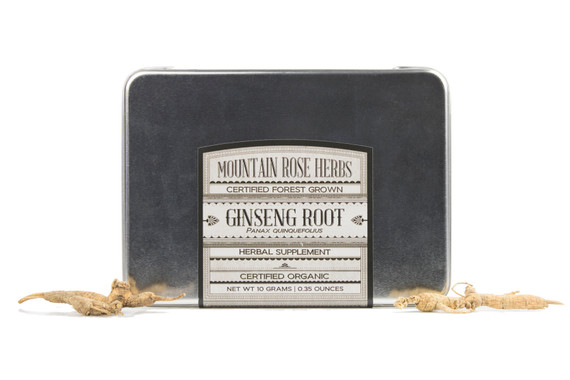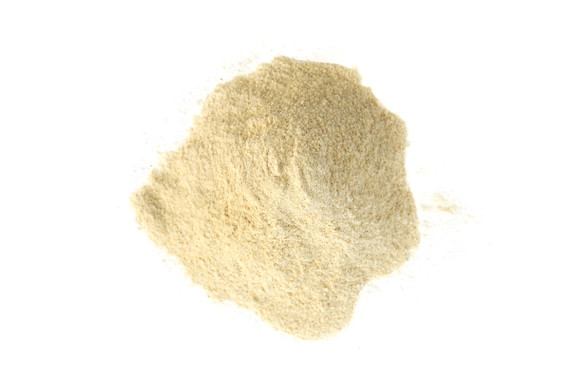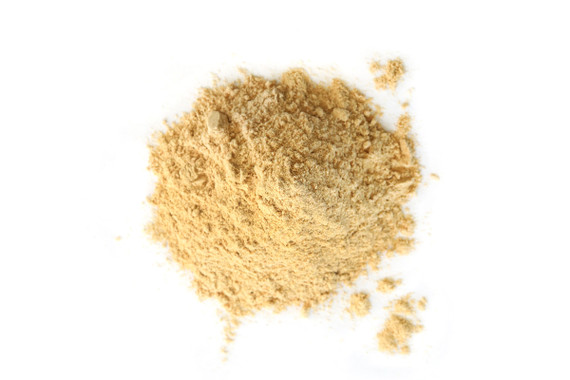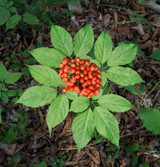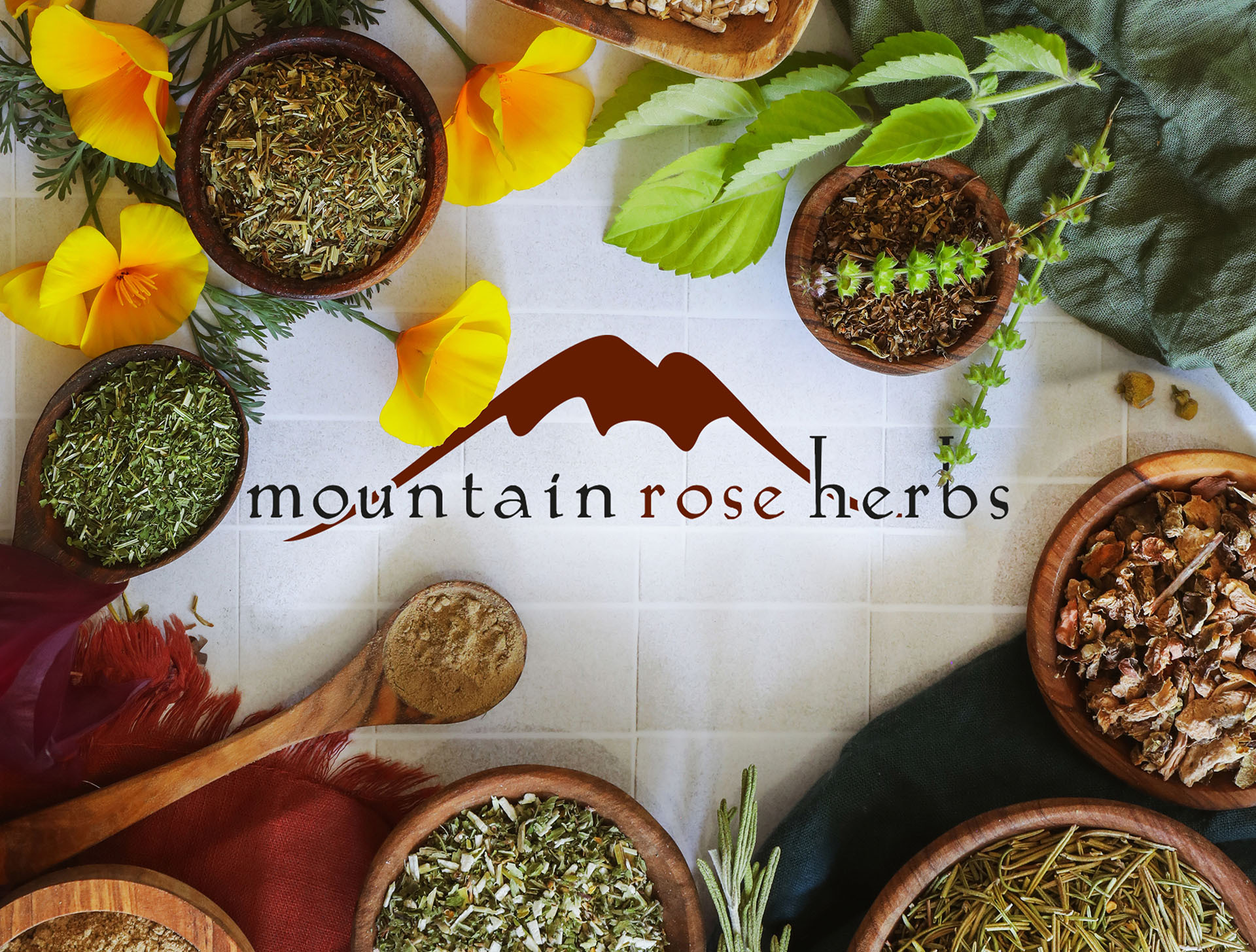Our American ginseng root is organically cultivated to avoid contributing to the overharvesting of wild grown populations. Read more about this exciting project on our blog about cultivated ginseng.
There are few plants in the world that possess the rich history and lore of the ginsengs. Asian ginseng (Panax ginseng) has likely been used as medicine since the dawn of civilization in Asia; its first written mention came in the first century B.C. and the earliest mention of ginseng in formal Chinese medical literature was in The Divine Husbandman’s Classic of the Materia Medica, written in the first century A.D.
American ginseng (Panax quinquefolius) first became known in 1711 through the writings of a Jesuit missionary to Beijing named Pere Jartoux. Jartoux observed the botanical similarities between the familiar landscapes of eastern Canada and of Jilin province in eastern China where Asian ginseng grows prolifically. He speculated that if ginseng were to be found anywhere else, it would be in eastern Canada.
Joseph Francois Lafitau, a Jesuit missionary based in eastern Canada, was influenced by Jartoux’s writings, and set out to find ginseng in the West. Lafitau was unsuccessful in his attempts and sought counsel with the local indigenous population. Legend has it that one of these people walked a few feet away and brought him one of the roots. At the time of this discovery the wild ginseng in China was endangered due to overharvesting, and thus the American ginseng trade was born. Unfortunately, history has a way of repeating itself, and American ginseng soon became rare in eastern Canada and the United States due to overharvesting.
The majority of research regarding ginseng has been conducted on the Asian variety, rather than the American. In Traditional Chinese Medicine, American ginseng is considered to be a mild chi tonic which moisturizes the system and reduces heat while building strength. American ginseng also supports a healthy response to stress*, making it a valuable ally to the modern lifestyle.
Precautions
The use of warfarin and American ginseng may reduce the efficacy of warfarin and should be used under the supervision of a qualified healthcare practitioner. We recommend that you consult with a qualified healthcare practitioner before using herbal products, particularly if you are pregnant, nursing, or on any medications.
*This statement has not been evaluated by the Food and Drug Administration. This product is not intended to diagnose, treat, cure, or prevent any disease.



